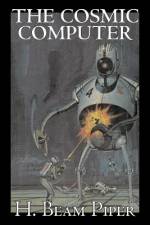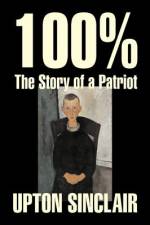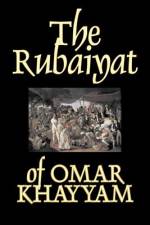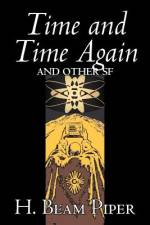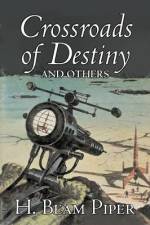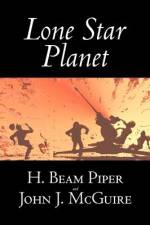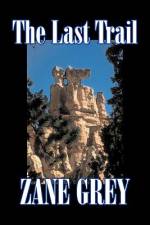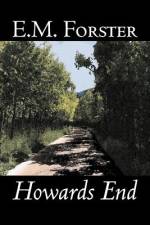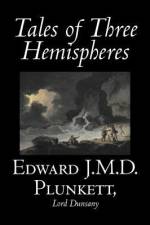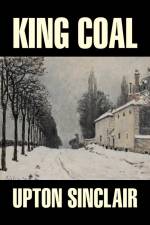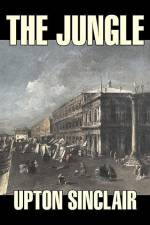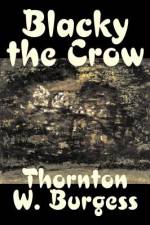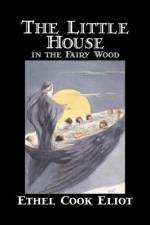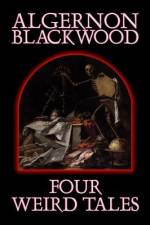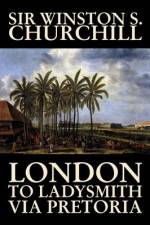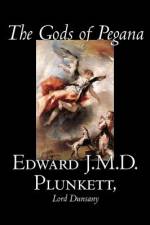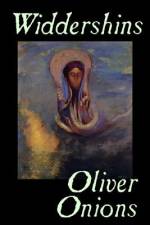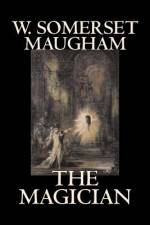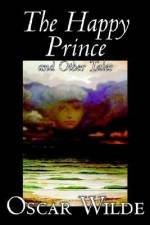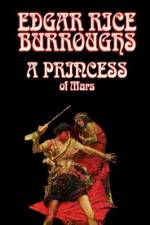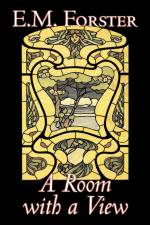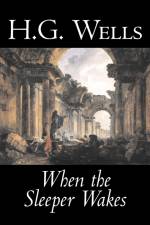av Edward J M D Plunkett
361
From "The Last Dream of Bwona Khubla":From steaming lowlands down by the equator, where monstrous orchids blow, where beetles big as mice sit on the tent-ropes, and fireflies glide about by night like little moving stars, the travelers went three days through forests of cactus till they came to the open plains where the oryx are.When Bwona Khubla had gone there three years ago, what with malaria with which he was shaking all over, and what with disgust at finding the water-hole dry, he had decided to die there, and in that part of the world such decisions are always fatal. In any case he was overdue to die, but hitherto his amazing resolution, and that terrible strength of character that so astounded his porters, had kept him alive and moved his safari on.There is not doubt that he was a fearful man. . . .*This peculiar collection is a very real treat: we envy you the reading of it. Among the treasures in this volume are "The Last Dream of Bwona Khubla," "How the Office of Postman Fell Vacant in Offord-Under-the-Wold," "The Prayer of Boob Aheera," "East and West," "A Pretty Quarrel," "How the Gods Avenged Meoul Ki Ning," "The Gift of the Gods," "The Sack of Emeralds," "The Old Brown Coat," "An Archive of the Older Mysteries," and "A City of Wonder," and a section he called Beyond the Fields We Know, which included "Publisher's Note," "Idle Days on the Yann," "A Shop in Go-By Street," and "The Avenger of Perdóndaris."

